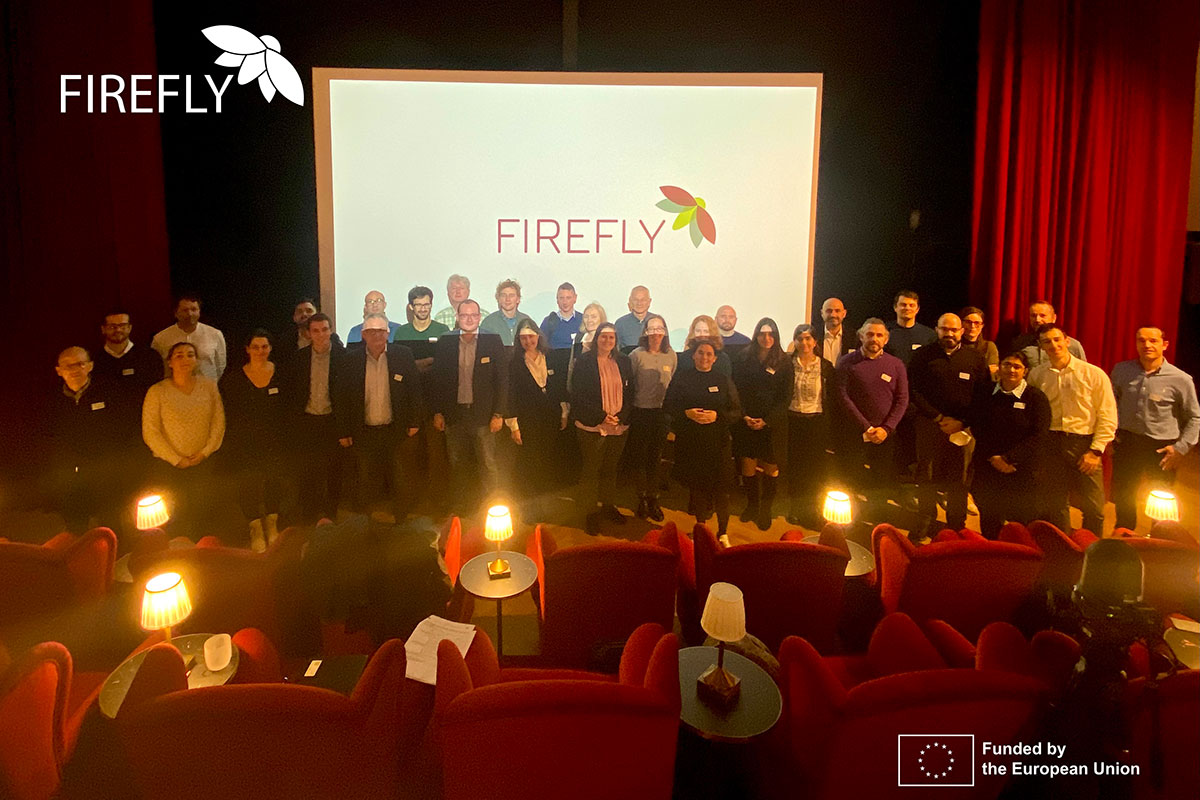
04/04/2023
Greening the European chemical industry
The Chemical Industry is a major contributor to the European economy as well as a vital supplier to numerous sectors, including energy, transport, health and housing. About 90% of chemical processes and 60% of all industrial products rely on catalytic processes, due to their capacity to speed up selective chemical reactions and reduce the energy barrier between reactants and products. Catalytic chemical processes often rely on metals, the majority of which have been classified as Critical Raw Materials (CRMs) by the European Commission, on account of their strategic economic importance and high supply interruption risks.
The current production of metal-based catalysts relies mainly on procedures that are not sustainable, as they intensively consume chemicals and non-renewable energy, under harsh operating conditions. In addition to the lack of sustainability, recycling options are often not economically viable due to significant energy consumption and raw material usage. With the European chemical industry at risk due to the constraints in the supply of minerals, increasing domestic metals recycling becomes crucial.
As a pioneer in catalyst technology, Europe has the important responsibility to make catalyst production and recycling more sustainable. Electrification has the potential to decarbonise the chemical sector, including the production and recycling of catalysts. In comparison to traditional thermochemical routes, electrochemical processes have a reduced carbon footprint when driven by renewable energy sources (RES).
The FIREFLY objective: Power-to-catalysts and chemicals fostered via electrochemical recycling
The FIREFLY project, officially launched in January 2023, is the pioneering research initiative set off to drive the catalyst-based chemical industry towards electrification and to reduce external reliance on metals and fossil fuels. The FIREFLY concept uses electricity issued from RES to manufacture (electro)catalysts from secondary resources, in a new sustainable approach that will significantly reduce production costs. The initiative continues the path to circularity, introducing more profitable routes for the chemical industry by using mainly spent, waste, and off-specifications catalysts from different industrial applications.
The following seven specific objectives will help to attain the project’s goal:
- Research, develop, and optimise to TRL4 innovative and sustainable electrified technologies for recycling metal-based catalysts and the downstream (electro)chemical synthesis of strategic (electro)catalysts.
- Research, develop, and optimise the powering by Renewable Energy Sources (RES) considering performance, environmental friendliness, and cost-efficiency in this electrification scenario.
- Research, develop, and optimize a machine learning/artificial intelligence (ML/AI) based digital tool to support the decision-making of the enhanced metal recycling and catalyst synthesis processes.
- Develop the modelling- and simulation-based engineering framework to support the understanding, innovation and optimisation of the design, operation, validation, and demonstration of the FIREFLY process.
- Demonstrate the TRL6 electrified FIREFLY process for the recycling of metal-based catalysts, simultaneous production of (electro)catalysts, and validation of the latter in selected (electro)chemical applications.
- Assess the integrated sustainability of the FIREFLY concept and benchmark it versus the State of the Art (SoA) recycling and production of catalysts and selected chemical manufacturing applications.
- Communicate, disseminate and exploit the activities and results of the project to interested stakeholders in the chemical value chain to ensure further research and innovation (R&I) and market uptake.
By leveraging downstream synthesis of strategic metal-based (electro)catalysts, the FIREFLY project is expected to develop at TRL6 a sustainable process for the flexible, RES-powered electro-driven recycling of metals. This places the project in a prime position to set the foundations of the electrified chemical industry.
Founded on a multidisciplinary approach covering different topics – from electrochemistry, RES, and modelling, to ammonia and hydrogen peroxide production, and biomass transformation, the FIREFLY project will be coordinated by the Flemish Institute for Technological Research (VITO).
